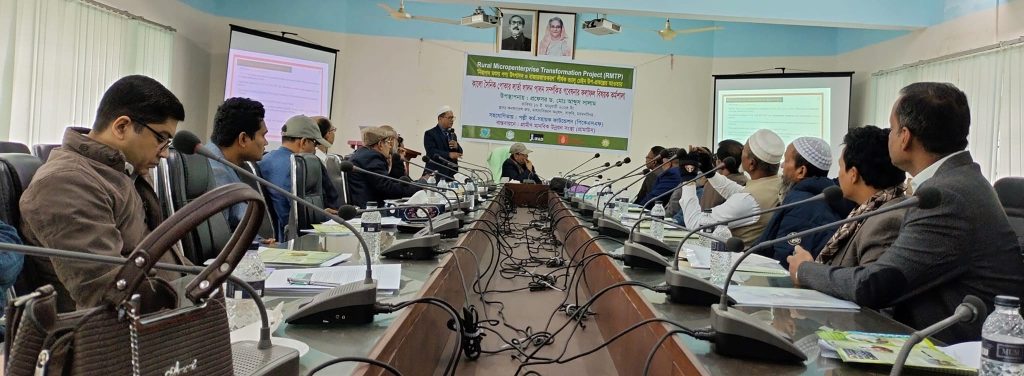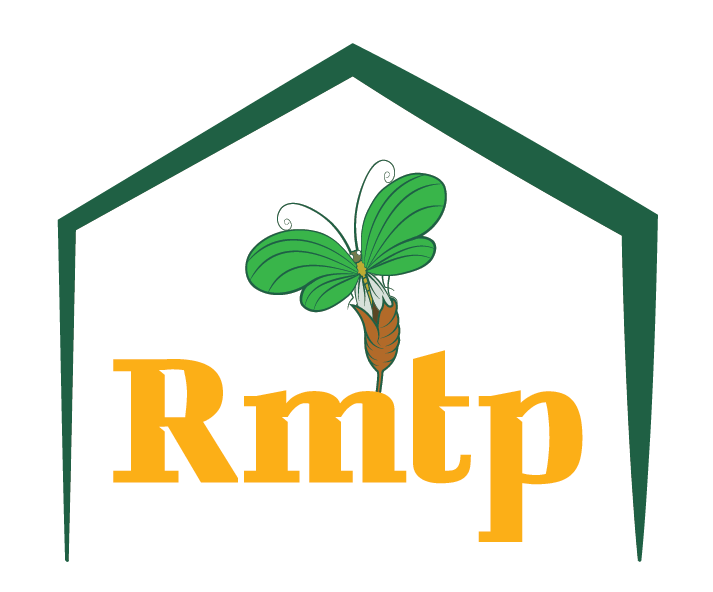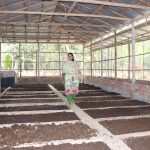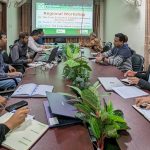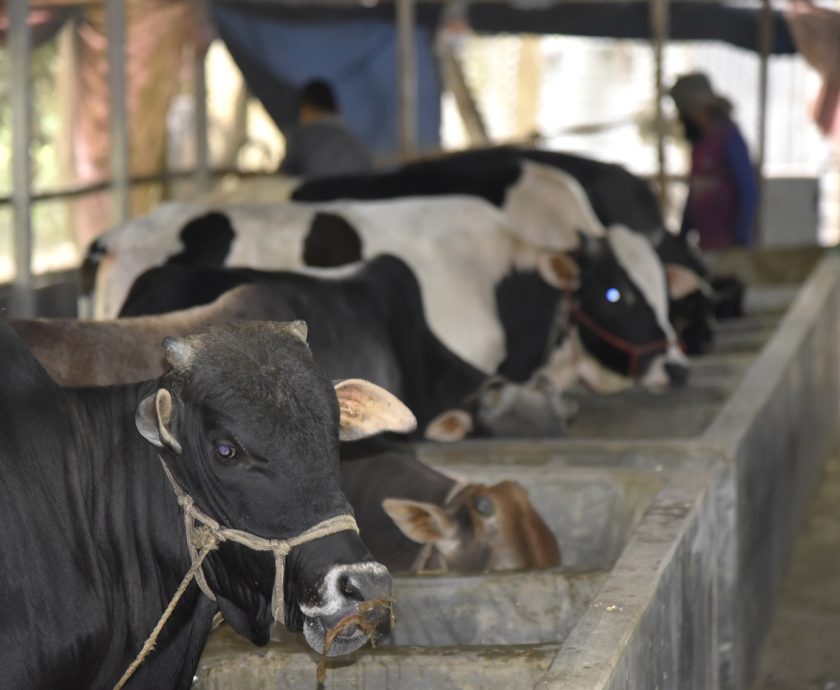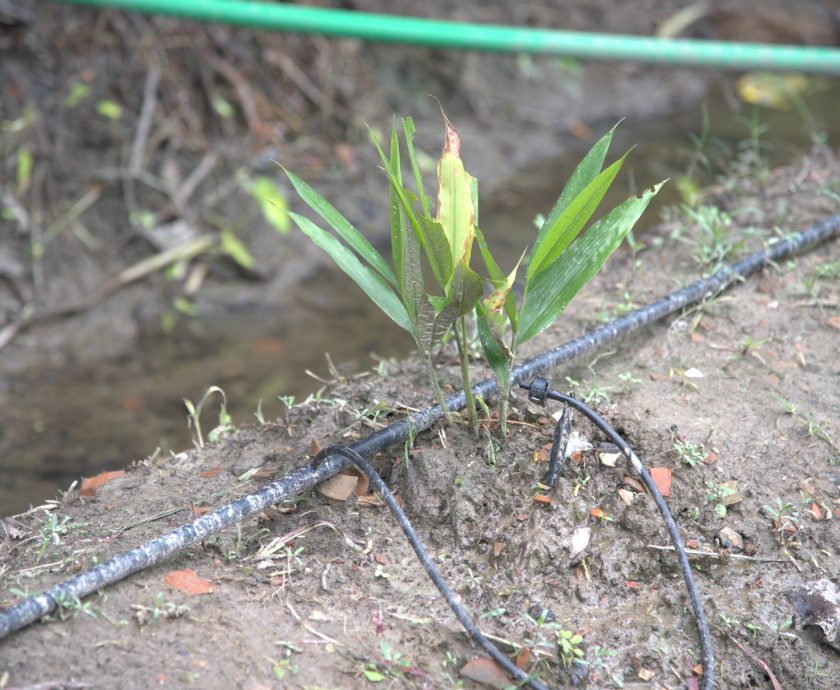On January 10, 2024, a workshop was conducted on “Black Soldier Fly Larvae Rearing for Live Feed for Fish and Domestic Animals through Waste Recycling” took place in the conference room of the Department of Fisheries at Bangladesh Agricultural University (BAU). The main presentation was delivered by Professor Dr. Md. Abdus Salam from the Department of Aquaculture. Dr. A. K. M. Nowsad Alam, the Dean of the Department of Fisheries presided over the workshop, and Ripon Kumar Pal, fisheries officer from Mymensingh district, attended as the chief guest. Dr. M. Ali Reza Faruk, head of the department, also graced the occasion as a special guest. In addition to this, faculty members from the departments of Fisheries, Animal Husbandry, Agricultural Economics, and Rural Sociology were present.
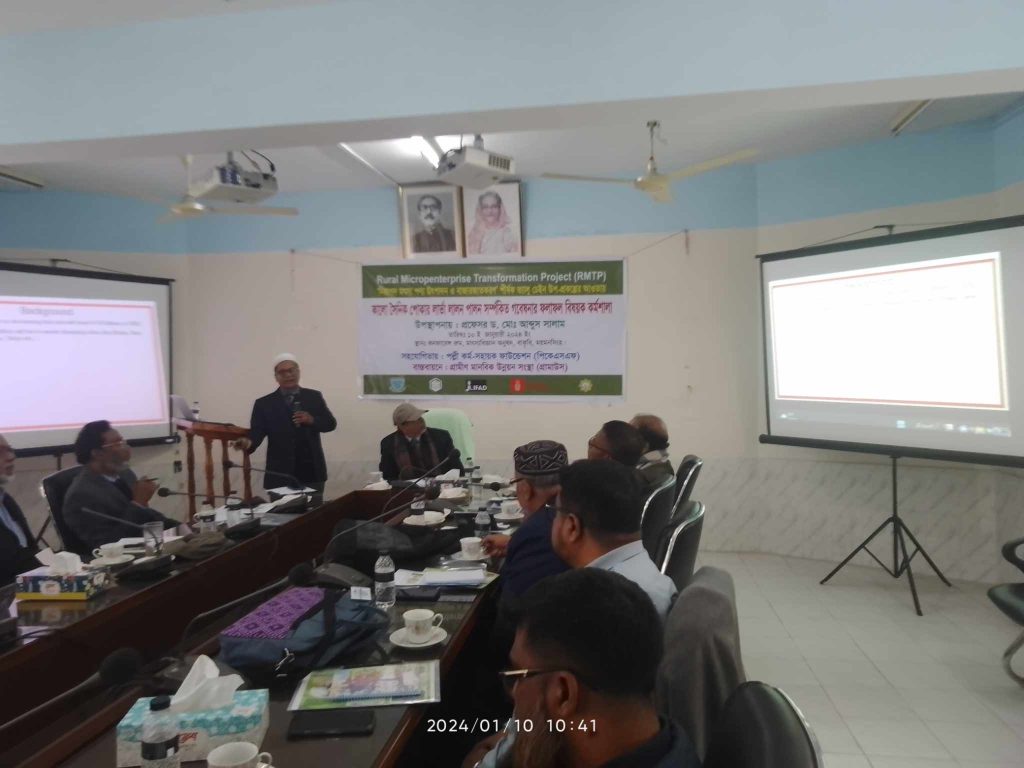
In the sharing workshop, study presenter Dr. Md. Abdus Salam, a faculty member of the Aquaculture Department, at Bangladesh Agricultural University said that the Black Soldier Fly (Hermetia illucens or BSF) is a species originally from South America. Still, it has become cosmopolitan, thriving in temperate climates across America, Europe, Africa, and Asia. Its name is derived from the colour of the adult flies, which are black with metallic reflections. These flies serve as an excellent source of animal protein viz. fish, egg-laying chickens, and poultry.
When dried, they boast up to 50% high-quality protein. In this context, the Rural Microenterprise Transformation Project (RMTP), with the support of IFAD, DANIDA, and PKSF, conducted a study initiative through its implementing partner organization, Grameen Manobic Unnayan Sangstha (GRAMAUS). I have conducted the study “Establishment of a Suitable Culture Technique for Black Soldier Fly Larvae (BSFL) and its Suitability for Aquaculture Practices as an Alternative Fish Feed.” The study falls under the sub-project titled ‘Production and Marketing of Safe Fish & Fish Products,’ which has been implemented since July 1, 2022, as part of the broader RMTP initiative.
He also mentioned that the price of fish feed is increasing day by day. But the fish price is not increased in the same pattern. Also, there is a concern about commercial fish feed quality and growth performance. As a result, the fish producers are losing concern, and even they are demotivated for fish cultivation. To overcome the feed-related constraints, RMTP through the sub-project of GRAMAUS is to take endeavors to produce small-scale fish feed at the community level using black soldier fly larvae (BSFL) as a substitute/replacement for fish meal and/or meat & bone meal imported from aboard. But the BSFL culture is a new avenue in Bangladesh, hence it is necessary to conduct a trial work titled “Establishment of a Suitable Culture Technique for Black Soldier Fly Larvae (BSFL) and its Suitability for Aquaculture Practices as an Alternative Fish Feed.”
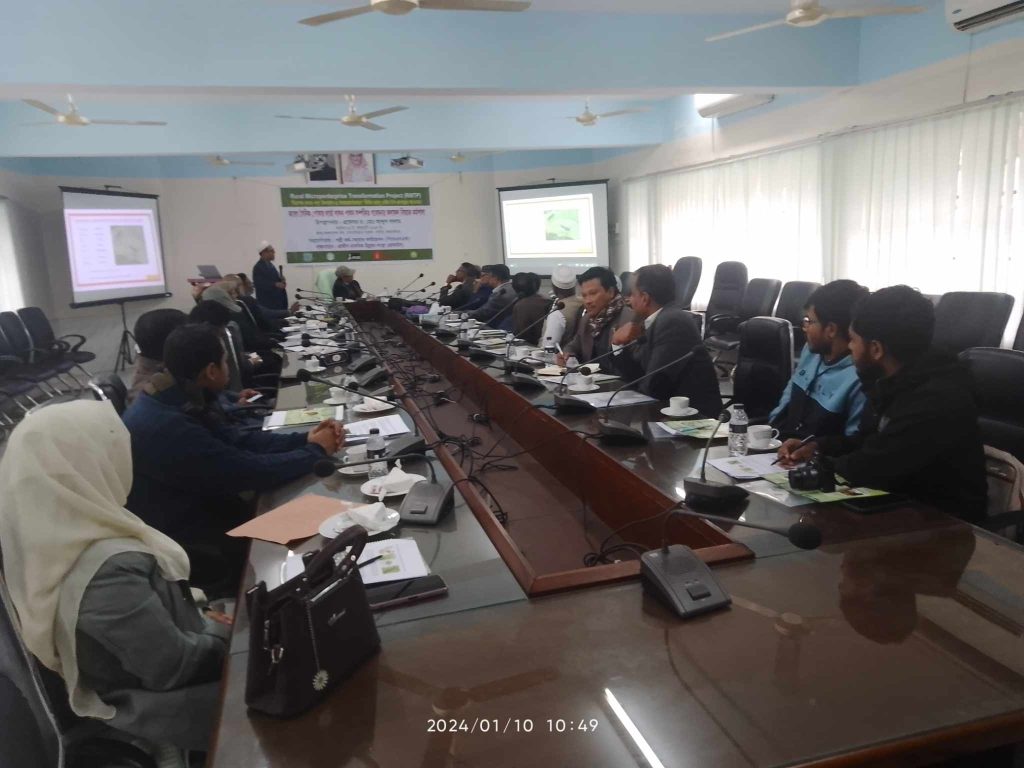
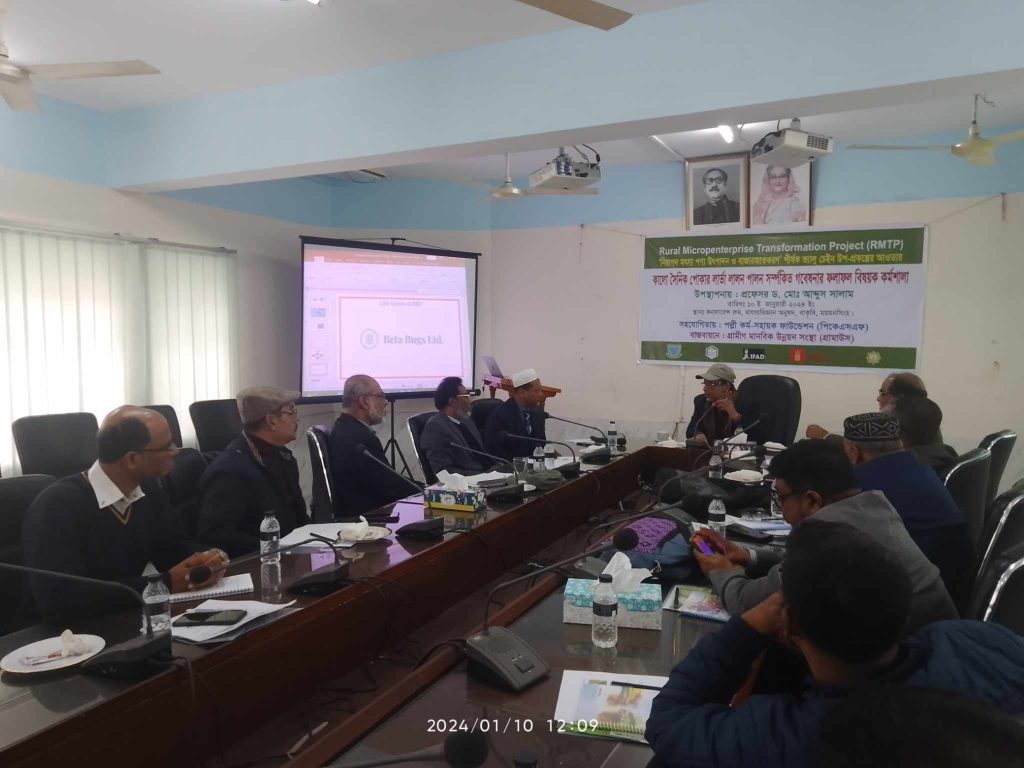
Key Discussion Points: In the workshop Professor Salam highlight few key points among the participants and journalist.

Life Cycle of BSF: He also said, a BSF life cycle goes for about 25-26 days depending on the environmental conditions present, including light, temperature, and/or humidity. BSF has five major stages in its life cycle, including egg, larvae, pre-pupae, pupae, and adult. The egg marks the start of the BSF life cycle. An adult female BSF lays 200-700 eggs near an organic waste source in crevices that offer protection to the eggs against predators and direct sunlight, which might result in dehydration. The BSF larvae go through 6 stages from the first instar to the sixth instar (prepupal stage).
As the larvae grow from the first instar to the last instar stage, they increase in size and weight, as well as change in colour from cream to brown. The growth of the larvae usually takes 10-14 days under optimal conditions, i.e. good abiotic conditions, good quality and quantity feed substrate. prepupa is the last larval stage of the BSF. The colour changes from dark brown to charcoal grey and the larvae’s mouthparts are replaced with a hook-shaped structure.
The growth of the prepupa usually takes 2-3 days under optimal conditions. When the prepupae find a suitable place, it become immobile and stiff forming the pupae. The growth of the pupa usually takes 2-3 days. The life span of the adult BSF is about 5-8 days. The Adult BSF fly has both male and female flies. The flies look similar, but the female flies are usually bigger than the males.
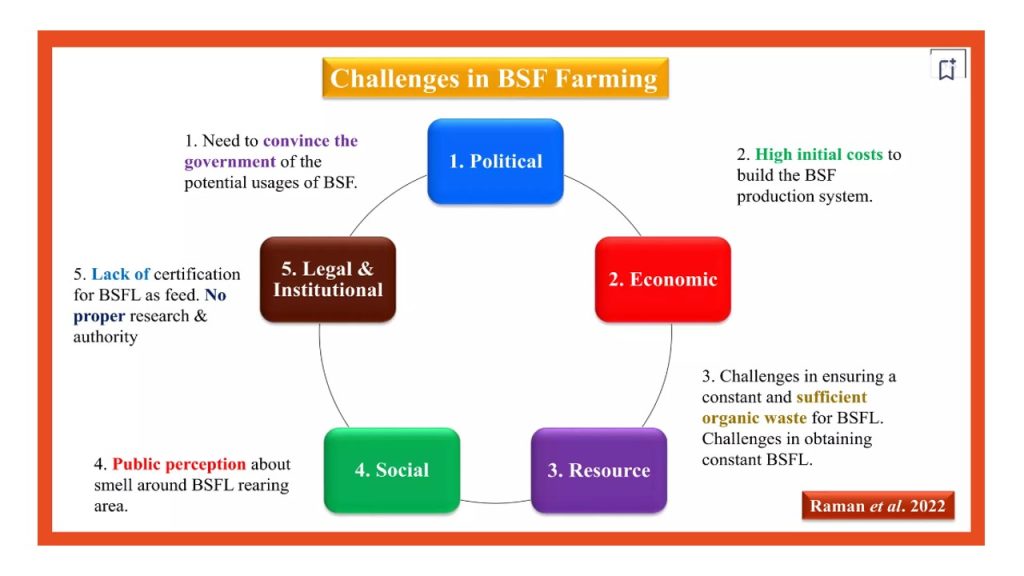
The sole purpose of the adults is to mate and lay eggs for the continuation of the colony. The adult BSF do not feed but only drink water. Unlike the BSF larvae that have well-developed mouthparts, the adult flies have sponging mouthparts for consuming liquids only.
Challenges of BSF Farming: The presenter highlighted a few challenges in the workshop. He mentioned BSF farming is a novel concept in Bangladesh, but it encounters several challenges. There is a lack of awareness among the people regarding BSF farming, and it is crucial to advocate for its potential benefits to the government. Additionally, the initial setup cost for the BSF production system is high. Ensuring a consistent and sufficient supply of organic waste for the BSF poses another challenge. Moreover, there is a lack of certification for BSFL as feed. Simultaneously, public perception regarding the smell around BSFL rearing areas is a prevalent concern.

Sustainability: He also mentioned the sustainability of BSF farming. He said, BSFL can be farmed using food waste, presenting a more sustainable and environmentally friendly approach compared to the feed utilized in traditional livestock farming:
- Efficiency: BSFL exhibit high efficiency in converting organic waste into edible material, surpassing traditional livestock.
- Resource Requirements: They demand minimal land, water, and resources for breeding and rearing.
- Environmental Impact: BSFL farming produces fewer greenhouse gas emissions compared to traditional livestock rearing.
- Nutritional Value: BSFL are rich in protein, calcium, iron, and fats, making them suitable for various feeds and foods.
- Versatility: BSFL can be utilized in animal feed, pet food, and human food products.
- Ethical Farming: BSF larvae farming is straightforward, and the overall farming process is more ethical.
- Organic Waste Recycling: Recycling organic waste through BSFL is a sustainable and cost-effective process that promotes resource recovery, generating nutrient-rich maggots and frass.
Session Discussion: After the presentation, the participants provided feedback and expressed concerns about BSF farming. Mr. Ripon Kr. Pal, District Fisheries Officer, Mymensingh, addressed the audience, stating, “We are aware that there is no government subsidy in the fisheries sector. The cost of fish farming, including food and other supplementary products, is increasing day by day, but the farmers are managing it themselves. In light of this, the research paper presented at today’s workshop reveals that black soldier fly larvae could serve as an alternative to traditional fish food. This is promising news for the fish farming industry. I will inform all Upazila Fisheries Officers to expedite the replication of this method among farmers in their respective Upazilas as soon as possible.
Furthermore, Md. Fazlur Rahaman, Director of GRAMAUS in Mymensingh, emphasized that many fish farmers in the Mymensingh region have abandoned fish farming due to increased fish feed prices. He suggested that the promotion of black soldier fly farming could revive interest among farmers in engaging in fish farming once again.
Dr Md. Ali Reza, Head of the Department of Aquaculture at BAU, Mymensingh, expressed concern, stating that the increasing cost of fish food poses a challenge for farmers, as they are not receiving proportionate prices for their fish. He emphasized the necessity for innovative alternatives to address this issue. The research presented today on the black soldier fly confirms that the larvae of this fly can serve as a safe and viable alternative feed for fish.
Furthermore, Dr. Md. Masum Ahemed, Professor in the Entomology Department at BAU, Mymensingh, mentioned that the university is actively engaged in entomology. The innovative work being done, as highlighted by Professor Dr. Md. Abdus Salam, aligns with the department’s goals. He expressed gratitude and thanks to all those involved on behalf of the department.
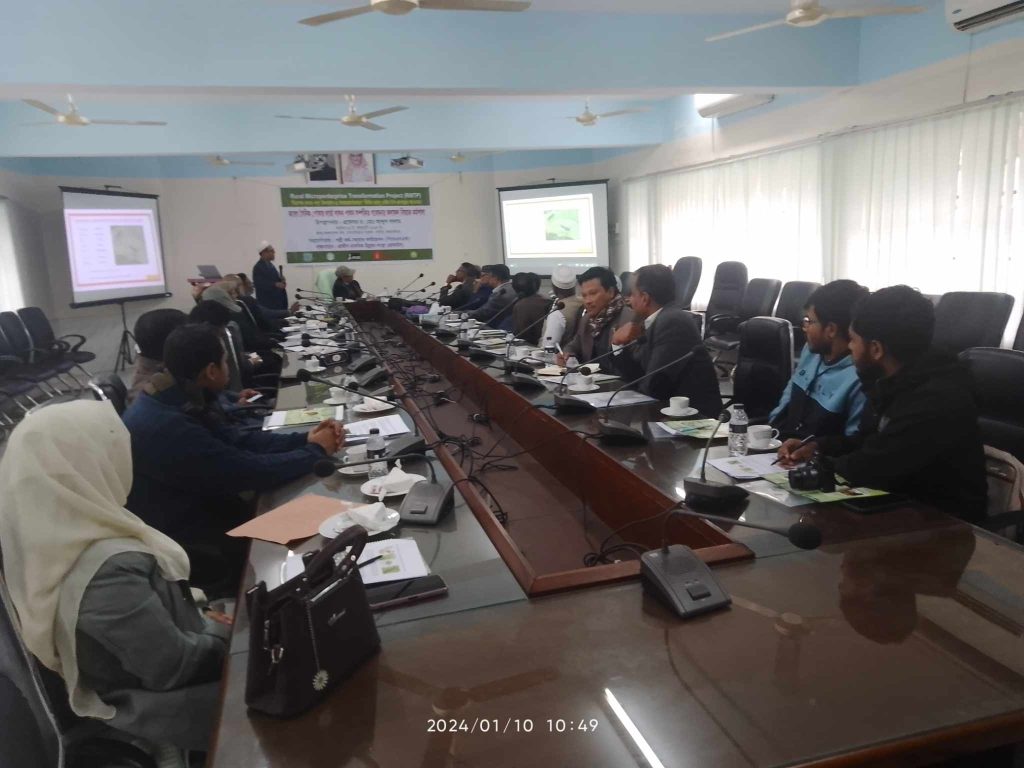
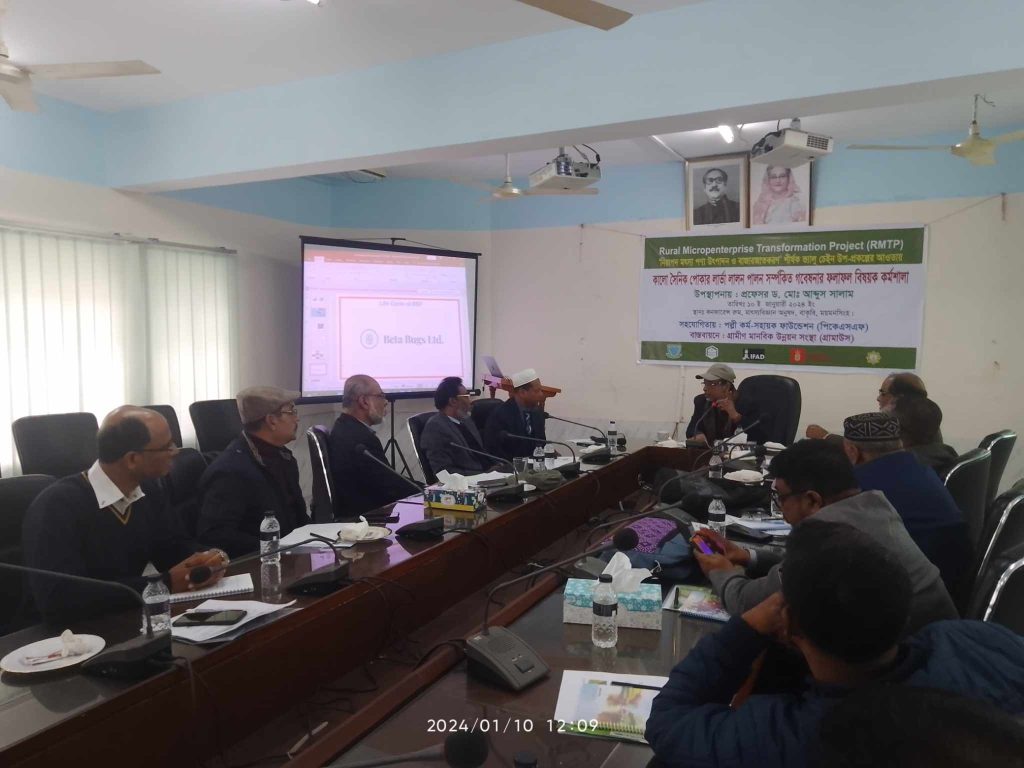
Dr. Md. Rafiqul Islam Sadder, Head of the Department of Fisheries Biology and Genetics at BAU, Mymensingh, highlighted the escalating costs of fish farming and the simultaneous decline in dietary protein availability. He noted from today’s report that black soldier fly larvae exhibit high levels of protein, which is a positive aspect in addressing the current challenges in fish farming.
Dr Bapon Dey, Head of the Department of Poultry Science at BAU, Mymensingh, expressed his perspective, stating, “Coming from the poultry sector, upon reviewing the report, I believe that, in addition to its application in fish farming, black soldier fly could emerge as a crucial substitute for soybeans in poultry. I also believe that research of this nature should be conducted more extensively.”
Dr. Muhamod Mehedi Hasan, Head of the Department of Fisheries Technology (FT) at BAU, Mymensingh, emphasized the need for additional research to determine the impact of using black soldier fly larvae on the growth of carp fish and catfish when used as food.
Dr Johir Rayhan, Proprietor of Niharika Fisheries & Hatchery Private Ltd, lauded the innovative initiative for the Mymensingh region. He suggested that BAU, Mymensingh, BFRI, the Department of Fisheries, GRAMAUS, and other Non-Governmental Organizations should take a leading role in scaling up black soldier fly farming to sustain commercial fisheries in the region.
Mr Mahabubul Hasan (Shaheen), a Freelancing Consultant on Feed Meal in the Fish Sector in Bangladesh, pointed out that the cost of good-quality fish feed has increased by BDT 100-200 per kg in the last year, posing a significant obstacle to fish farming. He believes that if black soldier fly larvae can be produced in sufficient quantities, it could play a crucial role in addressing such food-related challenges.
Dr. AKM Nowshad Alom, Dean of the Faculty of Fisheries at Bangladesh Agricultural University, Mymensingh, commended the study as excellent. On behalf of the faculty, he expressed thanks and gratitude to Professor Dr. Md. Abdus Salam, GRAMAUS, and PKSF for implementing this innovative activity. He pledged the Faculty of Fisheries’ full support to facilitate its success.
Conclusion: At the conclusion of the workshop, the chairperson stated that the adult black soldier fly is typically not considered a pest. Given that the larvae have demonstrated effective manure recycling capabilities, the proposed “Black Soldier Fly Manure Management System” aims not only to reduce livestock waste but also to create a food source for fish and other animals. In summary, it is evident that BSF can be considered a viable alternative food for fish and a valuable ingredient in organic fertilizers.
